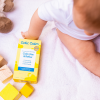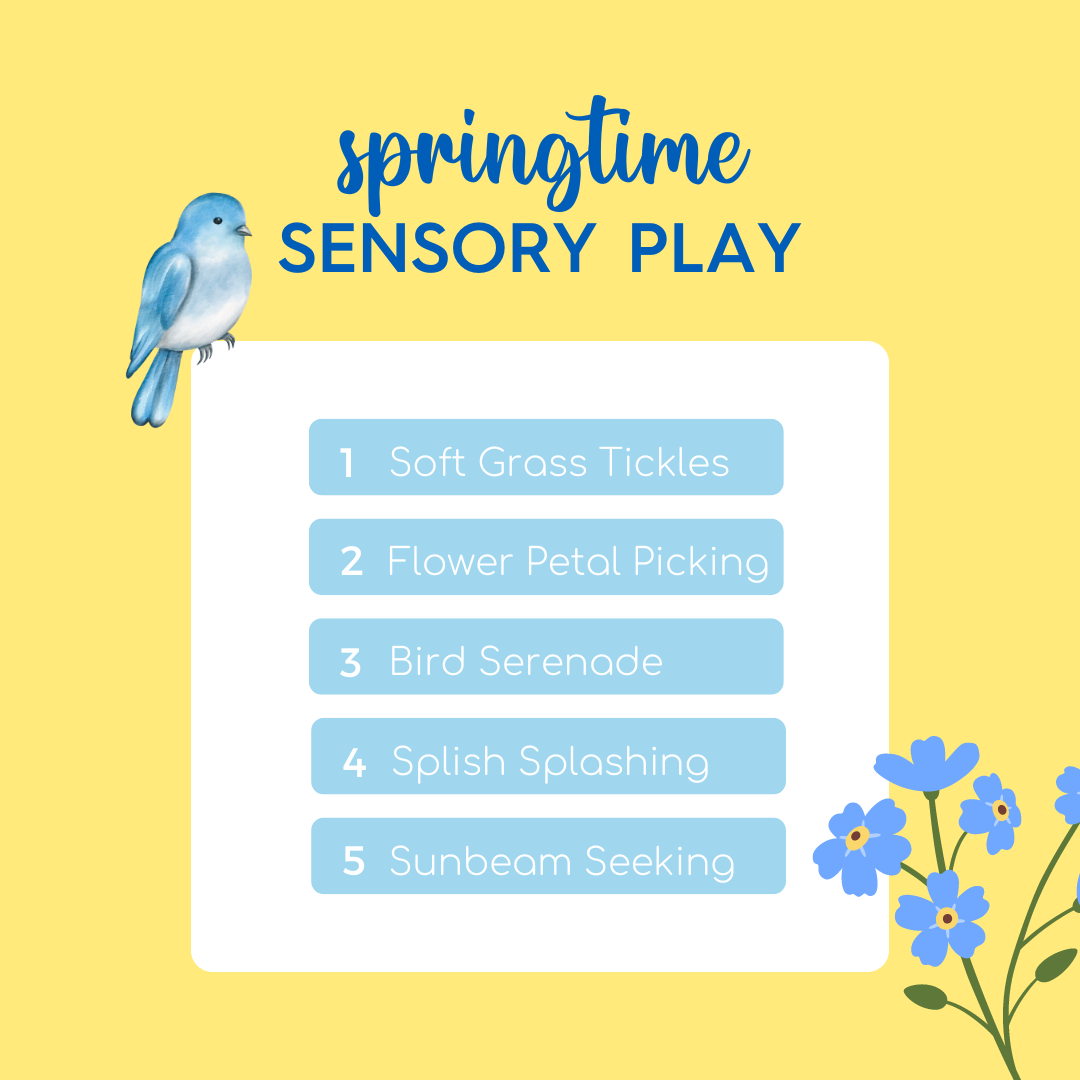The Importance of the Gut Microbiota

As humans, we need a good mix of bacteria in our guts for a healthy digestive system. This is known as the microbiota which is the flora and fauna that make up the gut. We need a well-established microbiota to train the immune system. Without it, it can lead to an increased risk of allergies such as asthma, coeliac disease and cows’ milk protein allergy. It also has an impact on baby’s brain development too.
The birth of a baby is when the first big blast of bacteria happens. As he descends down the birth canal he receives billions of his mother’s bacteria which colonizes baby’s gut and skin.
The increased understanding of how the gut microbiota helps our babies to be happy and healthy has led to parents reaching for probiotics. Colic Calm has developed an infant probiotic that contains 5 strains of bacteria which are proven to help develop and maintain healthy and diverse gut bacteria in babies.
What are these bacteria and why does a baby need them?
Bifidobacterium
When a baby passes through the birth canal, it is usually born facing the mother’s anus and as baby squeezes past the perineum, he will take in some of the mother’s stool. Although this doesn’t sound particularly nice, this action means that baby receives mum’s gut bacteria and in this is the Bifidobacterium strains.
Colic Calm Probiotic contains 2 strains of this bacteria and it is a champion gut bacteria colonizer. It helps to digest the carbohydrates in human milk and has anti-inflammatory properties. Studies have shown that probiotics containing this bacteria decrease the risk of necrotizing enterocolitis in premature babies. Another amazing fact is that colonization with B. Bifidum is also associated with increased vaccine responses and it regulates bowels too.
Lactobacillus
This bacteria is found within the mother’s vagina and when the mother’s waters break, baby is flooded with this bacteria, not only on his skin but he swallows it too. Colic Calm’s Probiotic contains 3 different strains of this bacteria.
Lactobacillus is the bacteria that helps the gut produce the lactase enzymes. These enzymes break down the lactose sugars in the milk. When baby does not have sufficient lactase enzymes then it can lead to conditions such as lactose intolerance. This often manifests itself as bloating, trapped gas, watery or frothy stools and fussiness in babies.
Colic & Reflux
One of the most common triggers of colic and reflux is gut related and some colicky babies are missing the good bacteria. This could be as a result of a c-section delivery so baby does not receive that initial blast of bacteria from the birth canal. Antibiotics also alter the gut microbiota, taking out the friendly bacteria as well as the foe.
The missing bacteria often results in a build up of gas, constipation and difficulty in breaking down the lactase enzymes which are present in milk. Babies often appear uncomfortable (squirming, bringing knees up), bloated tummy, fussy and windy. The typical symptoms of a colic baby.
How to help your baby’s gut?
If you think that your baby’s microbiome has been affected at birth or afterwards, and you are left holding a crying baby who is exhibiting all the typical signs of colic then feeding your baby’s tummy with good bacteria could help. Probiotics are a great way to do this, however it can be difficult to identify which bacteria is missing. Colic Calm Probiotics contain 5 billion cultures of both the Bifidobacterium and Lactobacillus strains. These live bacteria strains are the ‘friendly bacteria’ which supplement your baby’s microbiota.
Here at Colic SOS, my mission is to simplify colic. I am delighted to have partnered with Colic Calm to help inform parents and provide the best advice in dealing with your baby’s colic.
 Canada
Canada South Africa
South Africa UK
UK EU & Int
EU & Int Ireland
Ireland Australia
Australia Brazil
Brazil New Zealand
New Zealand













Comments